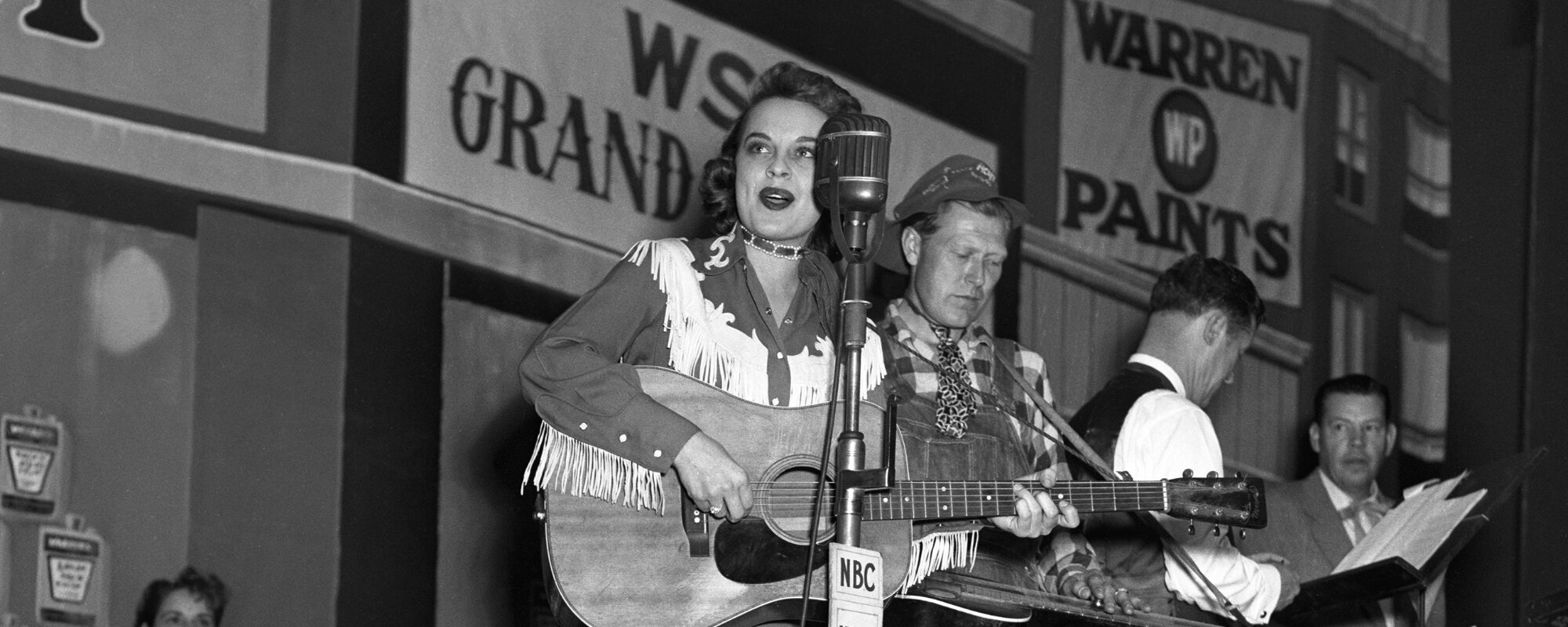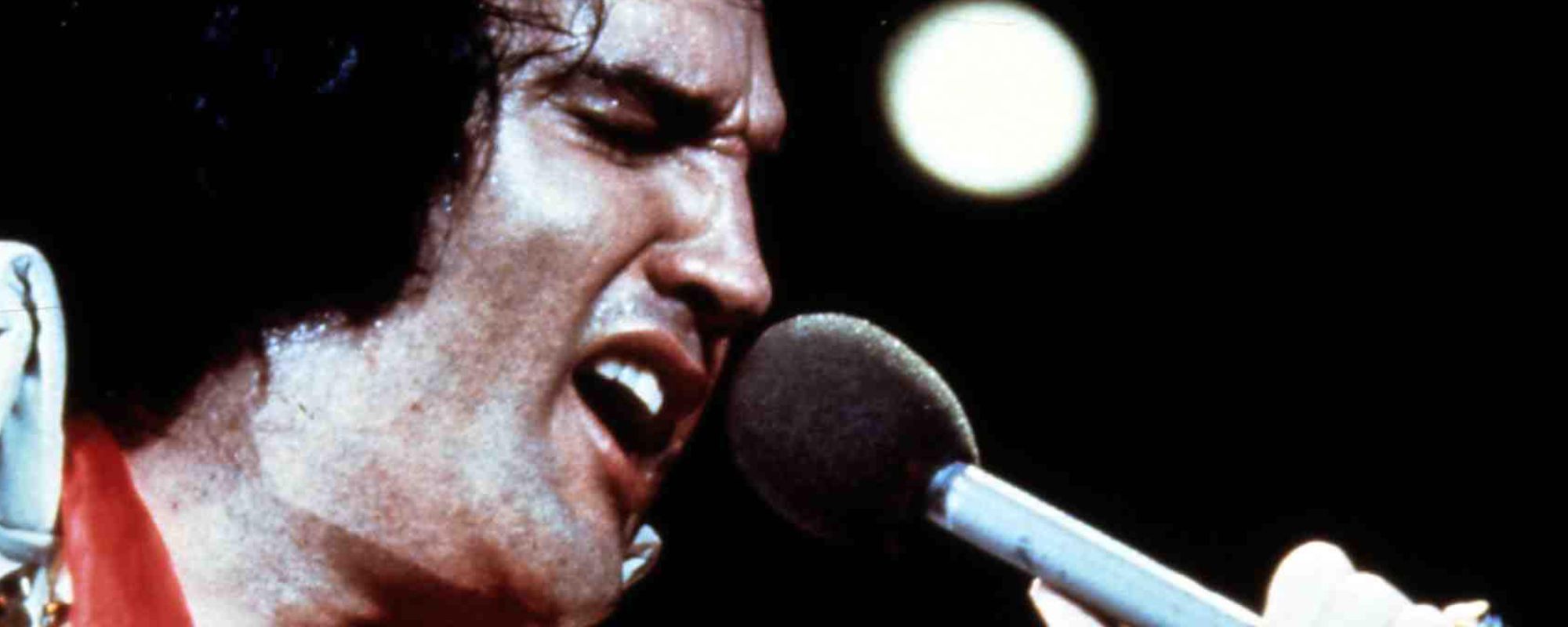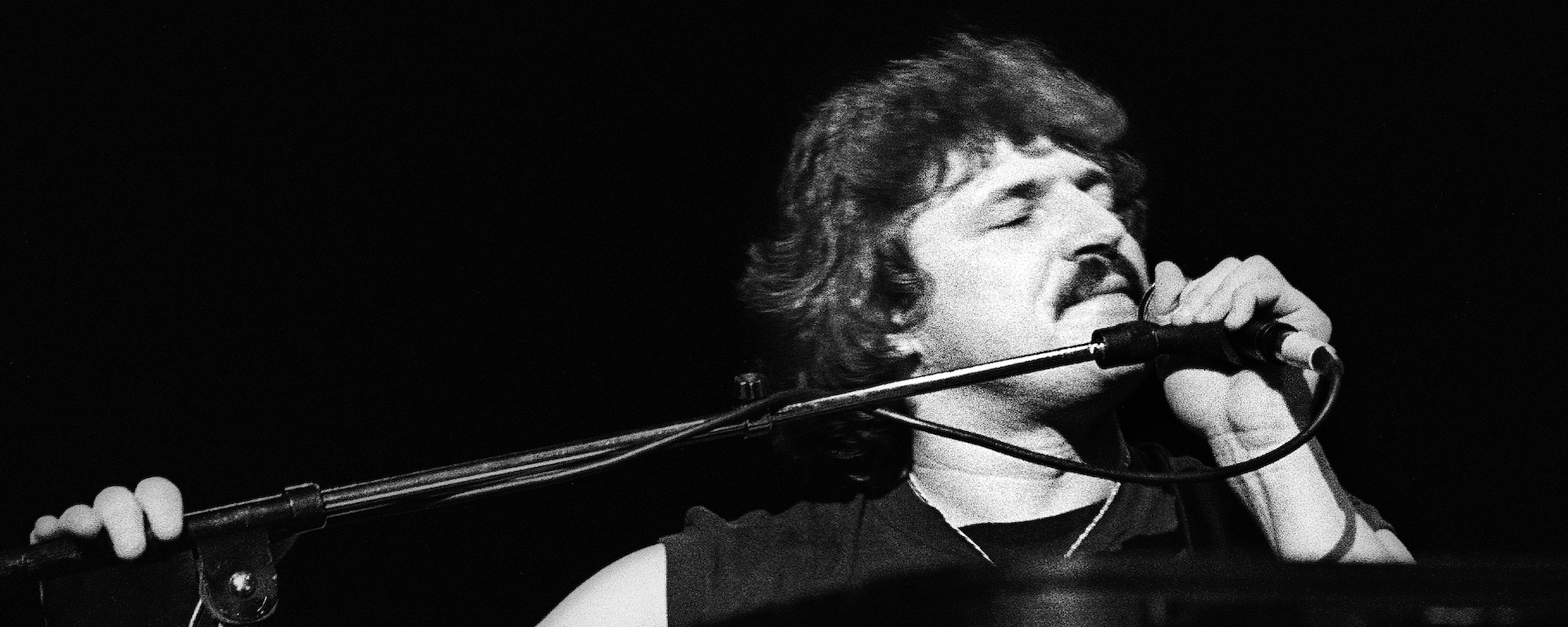Bush became a leading band in the post-grunge era. Led by Gavin Rossdale, Bush formed in London in 1992, but they didn’t sound anything like the indie guitar bands dominating British youth culture in the 1990s.
Videos by American Songwriter
In America, the music world was mourning the tragic death of Kurt Cobain. And Pearl Jam seemed to be doing everything it could to mitigate fame. Yet Rossdale embraced the Seattle sound and helped lead the post-grunge period with bands like Stone Temple Pilots and Live. “Everything Zen” was the first single from Bush’s debut album, Sixteen Stone, and began a new chapter in the commercial possibilities of selling Gen X angst.
About “Everything Zen”
Everything is not zen, according to Bush’s debut single. It caught a wave at a time when grunge, angst, and resentment were top sellers, even though its leading bands were recoiling from the attention.
The heartbeat of the song’s bitterness is economic struggle, which fueled much of the decade’s youth cynicism. Rossdale was a struggling musician when he wrote “Everything Zen”, and the “million dollars a steak” line describes a world consumed by wealth, and how far away from it he felt.
But it’s also a song that details Rossdale’s influences. In the following verse, he references two of his muses: Rain Dogs by Tom Waits and the Allen Ginsberg poem “Howl”.
Rain dogs howl for the century
A million dollars a steak
As you search for your demigod
And you fake with a saint.
During the pre-chorus, Rossdale repeats “There’s no sex in your violence.” It borrows from “Ted, Just Admit It…” by Jane’s Addiction, where Perry Farrell repeats, “Sex is violent.” The song appears on Nothing’s Shocking, Jane’s Addiction’s 1988 debut album, which helped kickstart the alternative rock revolution that inspired Rossdale.
Try to see it once my way
Everything zen, everything zen
I don’t think so.
Grungepop
Sixteen Stone was released in the U.S. in 1994. It arrived just months after Kurt Cobain’s suicide and unofficially began the post-grunge period.
But in the U.K., Britpop was ascending as a reaction to America’s doom-and-gloom export. “Live Forever” by Oasis was written in response to Nirvana’s “I Hate Myself And Want To Die”. However, Rossdale had little interest in Britpop. Instead, he was drawn to Pixies, and the same quiet/loud songwriting formula Cobain had used to write “Smells Like Teen Spirit”.
Bush emerged from London as a very American-sounding British rock band. Sixteen Stone was loaded with so many hits that the album became inescapable on MTV and modern rock radio. “Everything Zen”, “Machinehead”, “Glycerine”, “Comedown”, and “Little Things” proved the public still had plenty of appetite for gloomy grunge. Whether it came from Seattle or London didn’t matter.
Rossdale’s impressive songwriting run continued with Bush’s follow-up, Razorblade Suitcase. The second album also followed Cobain’s blueprint as Bush worked with Steve Albini, who had also recorded In Utero.
The success of “Everything Zen” showed how many listeners felt just like Rossdale. I wanted to avoid the cliché that misery loves company, but sometimes an old cliché just fits. Everything eventually became zen for Gavin Rossdale after all.
Photo by Jason Kempin/Getty Images










Leave a Reply
Only members can comment. Become a member. Already a member? Log in.